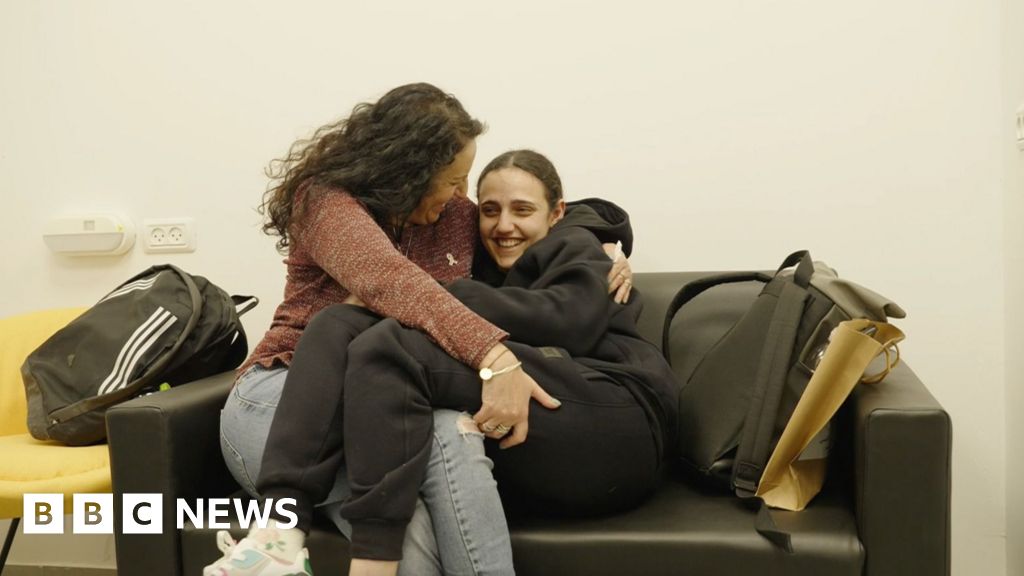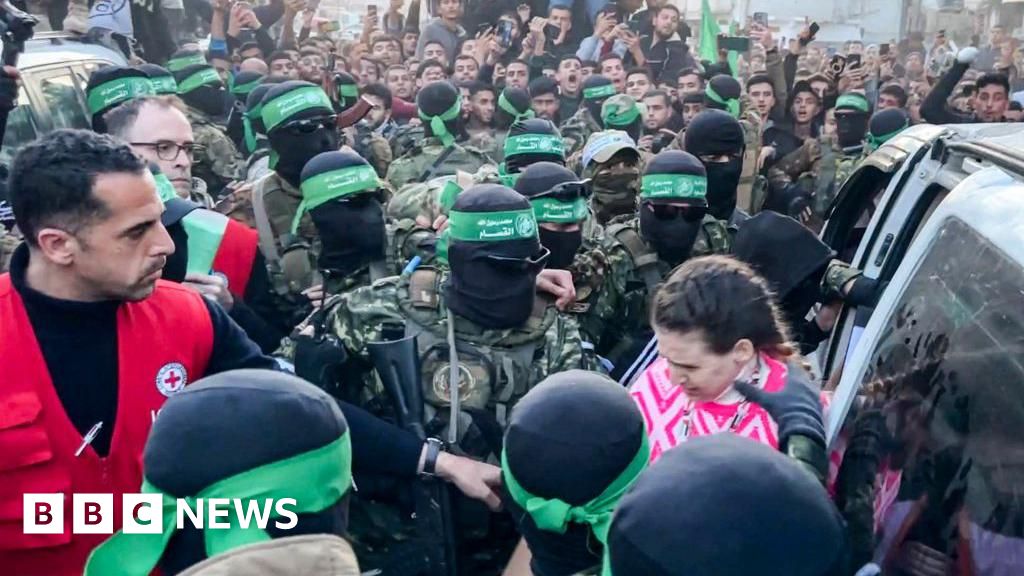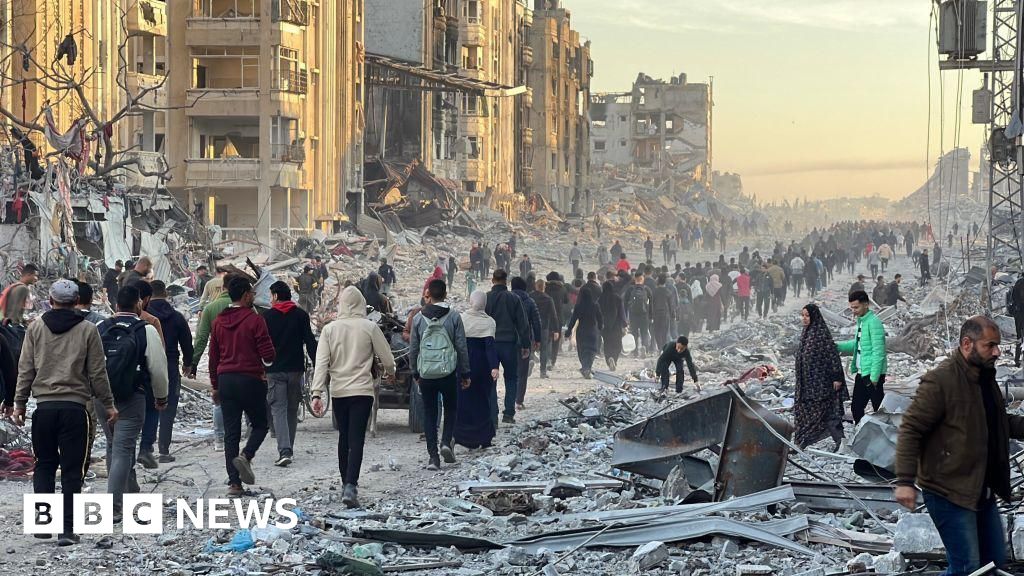ARTICLE AD BOX
Rwanda's President Paul Kagame has smashed his own record by winning Monday's elections with more than 99% of the vote, full provisional results show.
The 66-year-old won the 2017 election with 98.63% of the vote, higher than the 93% he got in 2010 and the 95% in 2003.
His critics say Mr Kagame's thundering majorities come as no surprise as he rules with an iron hand.
However, his supporters say they point to his huge popularity, with Rwanda having achieved stability and economic growth under his rule.
Mr Kagame is a former rebel commander whose forces swept to power in 1994, ending a genocide that claimed the lives of around 800,000 people in 100 days.
- Rwanda's 99% man who wants to extend his three decades in power
- Rwanda genocide: My return home after 30 years
The electoral commission barred at least three presidential aspirants, including the president's most vocal critics, from contesting.
It allowed two candidates - the Democratic Green Party’s Frank Habineza and independent Philippe Mpayimana - to run against him.
They got 0.53% and 0.32% respectively, worse than in the 2017 election when their combined vote topped the 1% mark.
Voter turnout was remarkably high - 98%, according to the electoral commission.
"Kagame's unprecedented score of over 99% in the election should be seen as a reflection of just how limited political space for the opposition is in Rwanda today," Clementine de Montjoye of the campaign group Human Rights Watch (HRW) said, the AFP news agency reports.
The outcome "does not bode well for anyone seeking to engage in legitimate and credible opposition activities", she added.
But Mr Kagame's victory was praised by neighbouring Uganda's President Yoweri Museveni, who said his re-election was a "testament to the trust and confidence" Rwandans had in his leadership.
Despite Rwanda continuing to struggle with high rates of youth unemployment, it is one of the fastest-growing economies in Africa.
On the campaign trail, Mr Kagame promised to protect Rwanda from “external aggression” amid tensions with neighbouring Democratic Republic of Congo and Burundi.

 6 months ago
37
6 months ago
37








 English (US) ·
English (US) ·